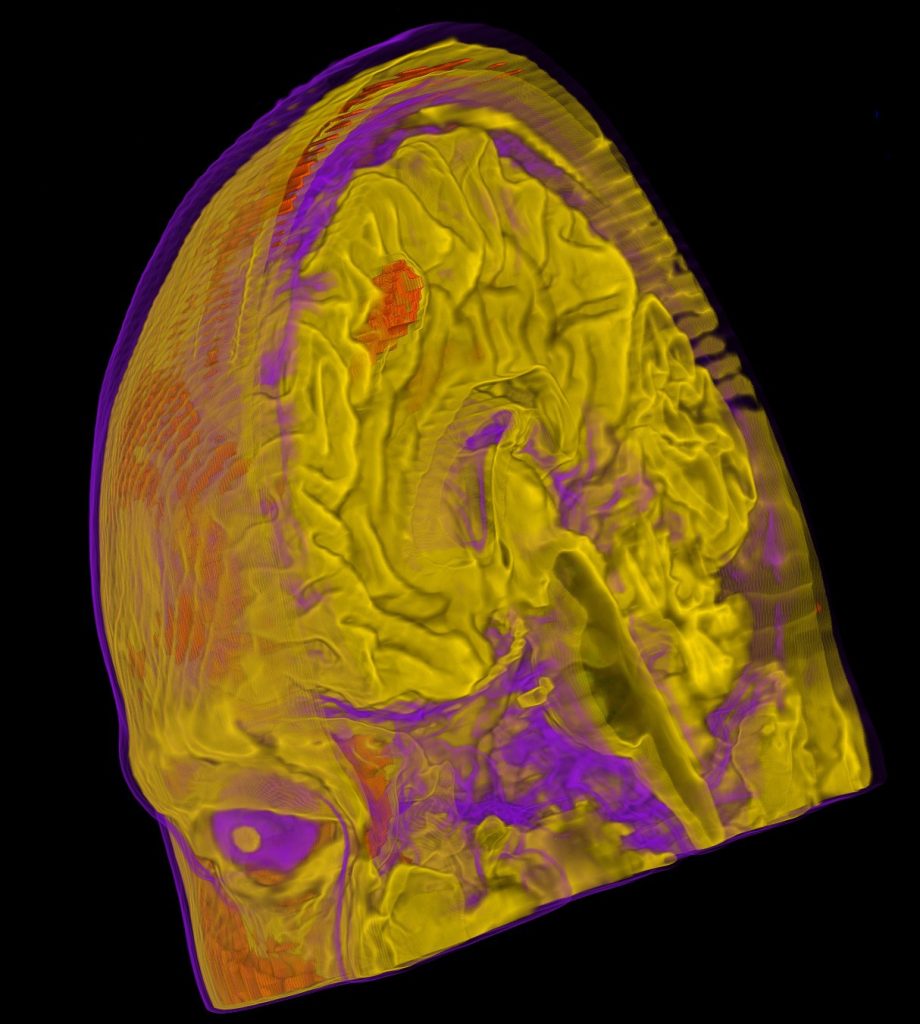Lunchtime Seminar: Rob Boddice, ‘The New History of Experience’
Wednesday 6th November, 2019
13:00-14:30, Scape 3.01, Mile End Campus, Queen Mary University of London
Rob Boddice (Freie Universitaet Berlin and McGill University, Montreal) will give a paper titled ‘The New History of Experience’. All are welcome.
Abstract
Joan Scott’s 1991 criticism of appeals to experience was couched in the primacy of discourse and the abandonment of the body. She criticized those who turned to ‘feelings’ because they assumed that the category represented a reality that could not be ‘subsumed by “language”’, a so called ‘prediscursive reality directly felt, seen, and known’. Experience, on these terms, ‘establishes a realm of reality outside of discourse and it authorizes the historian who has access to it’. She insisted that ‘experience is a linguistic event’ that is not ‘confined to a fixed order of meaning’. Her inability to see how to include the body and the brain, feelings and senses, to see beyond discourse, while retaining a grip on the historicization of everything, now seems naïve. She wanted to take ‘all categories of analysis as contextual, contested, and contingent’, but could not work out how this could apply to the brain or body, so dismissed them. The new history of experience shares the desire to treat ‘the emergence of concepts and identities as historical events in need of explanation’, but it does not any longer assume that it can do this within the realm of language alone. We no longer presume to isolate conceptual history from the history of the brain, from the history of emotions and/or senses, from the history of the plastic body. But the change of perspective mutually implicates historians and social neuroscientists in each others’ work. This paper reflects on our common goals and points of divergence.
Biography
Rob Boddice, Ph.D, FRHistS, is an historian of science, medicine and the emotions, based at Freie Universitaet Berlin and McGill University, Montreal. Boddice’s research has focused on the histories of emotion and experience, with particular emphases on pain, sympathy, cruelty, disease and evolution, and on the moral status of human beings and other animals and the implications of bioculture. He received his Ph.D from the University of York (UK) in 2006, with a thesis entitled ‘Beastly Pleasures: Blood Sports in England, c.1776-1876’. He has since written six books and edited a further two. Boddice has been extensively funded by the Deutsche Forschungsgemeinschaft and by the Marie Curie programmes of the European Commission. He is currently working on the transnational organisation of the defence of experimental medicine between 1870 and 1914, to be published by Cambridge University Press in 2021.
Human brain activation due to voluntary action. Credit: Parashkev Nachev. CC BY
The talk will take place in room 3.01, Scape, Mile End Campus, London E1 4NS. For directions to Mile End and a campus map, see bit.ly/QMcampusmap. On this map, Scape is the building numbered 64 and is located on Mile End Road, opposite to the main university campus.
